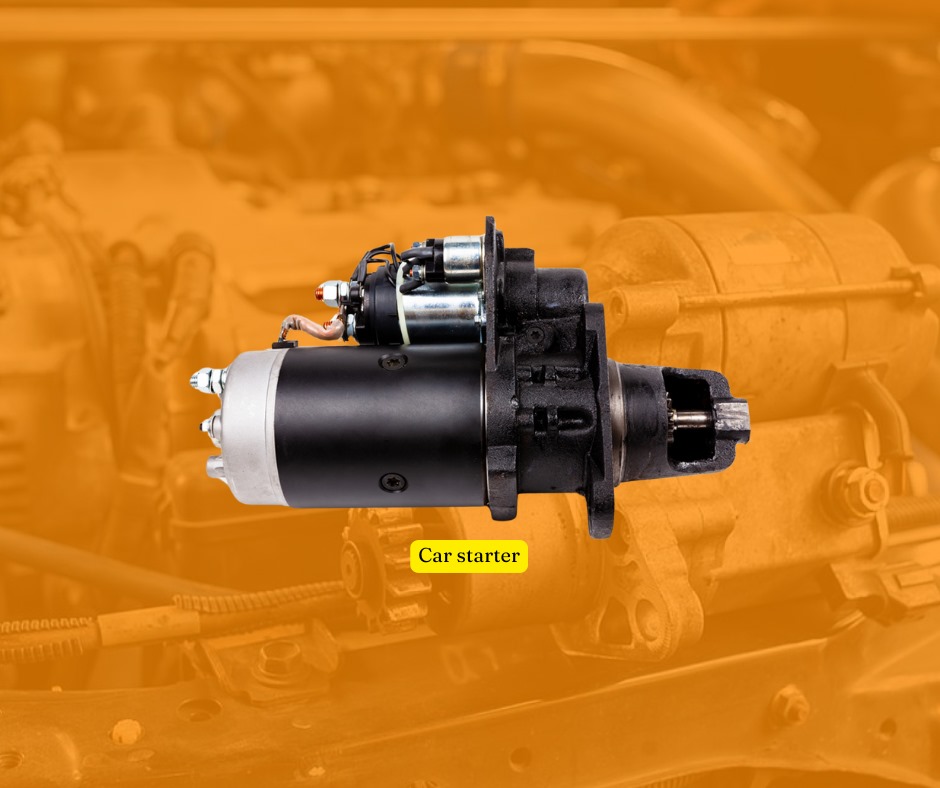5 Signs Your Starter Motor Needs Replacement

Discover how to spot the early warnings of starter motor failure before you're left stranded.
Understanding the Role of Your Starter Motor
The starter motor is a critical component in your vehicle's ignition system. Its main function is to draw electrical current from the battery and use it to turn over the engine, initiating the combustion process necessary for your car to start. When you turn your ignition key or push the start button, a signal is sent to the starter relay, which then activates the starter motor. If this part fails, your engine won’t turn over and the car won’t start. Understanding its importance can help you recognize the signs of wear and the right time for a replacement.
It's essential to keep your starter motor in good working condition because it directly impacts your vehicle's reliability. Regular maintenance can extend its life, but like all mechanical parts, it will eventually wear out and need to be replaced.
Difficulty in Starting the Engine
One of the most common signs that your starter motor may be failing is difficulty in starting the engine. You may notice that the engine takes longer than usual to crank, or you may have to turn the ignition key several times before the engine finally starts. This could be due to a weakening motor struggling to engage the flywheel, or it might indicate an issue with the starter solenoid.
If you experience such symptoms, it's advisable to have your starter motor checked by a professional. Ignoring these signs can lead to a situation where your engine won't start at all, leaving you stranded.
Unusual Noises During Startup
Unusual noises when trying to start your vehicle are often a telltale sign that your starter motor is on its way out. A grinding noise may suggest that the gears connected to the starter motor are worn or not engaging properly, while a whining noise could indicate that the motor is spinning but not engaging the engine. These sounds should not be ignored as they can hint at impending starter motor failure.
If you hear any strange noises during startup, it's important to address the issue promptly. Continued use of a failing starter motor can cause further damage to other components, leading to more extensive repairs.
Intermittent Starting Issues
If your car starts sometimes but not others, you may be dealing with intermittent starting issues, which can be a sign of a failing starter motor. This sporadic behavior can be caused by loose or corroded connections, a faulty solenoid, or internal damage to the starter motor itself.
These intermittent issues can be frustrating and unpredictable. To avoid being caught off guard by a non-starting vehicle, it's best to have your starter motor inspected and possibly replaced if these symptoms persist.
Visible Starter Motor Damage
In some cases, you might be able to visually inspect the starter motor for signs of damage or wear. Corrosion, oil leaks, or obvious physical damage to the starter or its wiring can be clear indications that the starter motor needs replacement. Such damage can compromise the motor's ability to function and may even pose a risk to your vehicle's electrical system.
If you notice any such damage during a routine inspection or while investigating a starting issue, do not attempt to start your vehicle. Have a qualified mechanic replace the damaged starter motor to ensure your vehicle’s safety and reliability.

 Loading..
Loading..